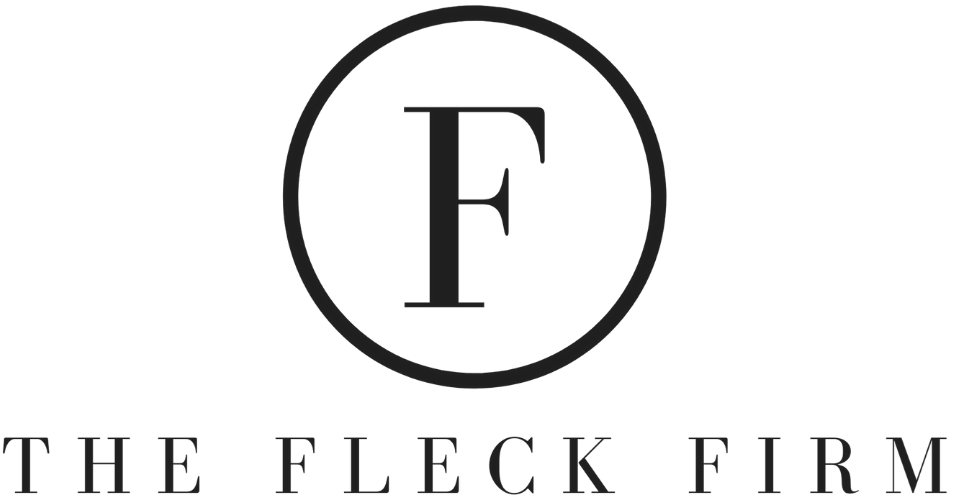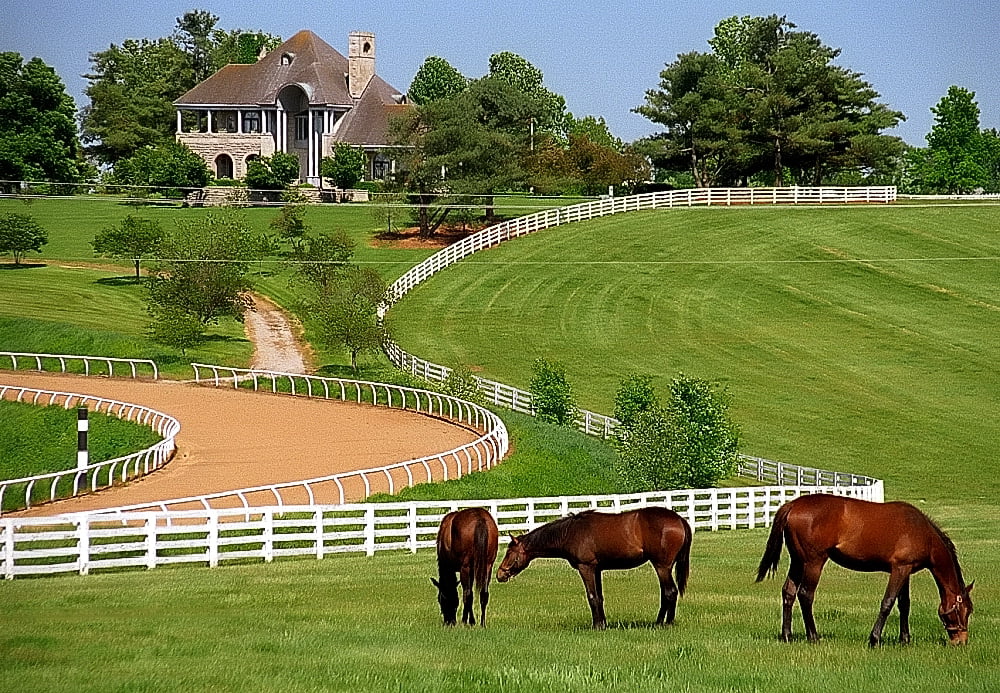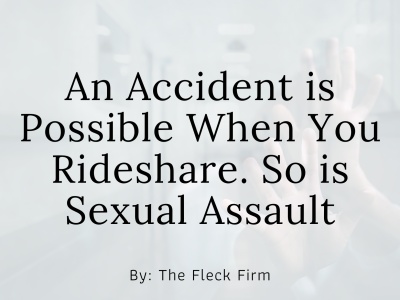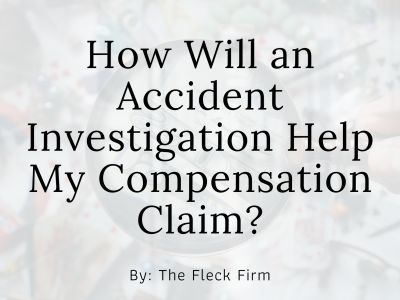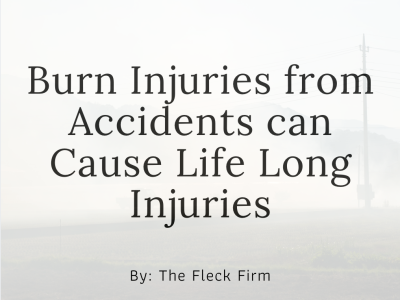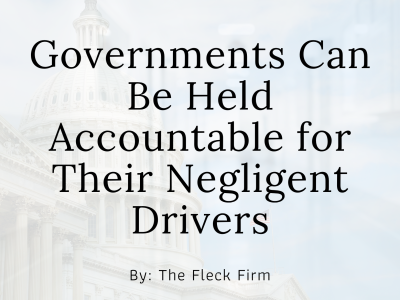Equine law is very diverse, but it covers all aspects of law as it relates to horses such as activities, organizations, facilities, and businesses. It can also include gaming laws, animal rights, and even issues involving horse industry workers.
The Importance of Equine Law
Buyers, sellers, riders, stables, trainers, and equine associations all often seek the legal assistance of a lawyer skilled in equine law when disputes arise. Buying, leasing, or selling a horse is often a huge financial transaction that can easily involve thousands or even millions of dollars. It is imperative that the process is conducted legally so you will have proper recourse if a dispute should arise. Historically, trainers were used for all horse transactions, but times have changed and a handshake between two parties is no longer enough and puts both everyone involved in the transaction at risk. These are just a few reasons why you should seek a skilled and knowledgeable firm that specializes in equine law.
Other attorneys take contingent fees of 33% to 50% of your settlement.
We want you to keep more of your money.
Our contingent fee is only 30% on cases settled prior to filing suit.
Disputed Transactions
It is not uncommon for equestrian transactions to be disputed and a resolution must be reached. Steps such as mediation, arbitration, and litigation often occur. In order to minimize possible disputes, it is imperative to have solid agreements in place beforehand.
What Happens When Someone Gets Hurt?
Riding and working around horses are not without risk. They are large animals and accidents can happen. Laws vary by state, which is why you should promptly seek legal advice. As an example, let’s look at Kentucky Revised Statute § 247 which states, ‘no participant or representative of a participant who has been reasonably warned of the inherent risks of farm animal activities shall make any claim against, maintain an action against, or recover from a farm animal activity sponsor, a farm animal professional, or any other person for injury, loss, damage, or death of the participant resulting from any of the inherent risks of farm animal activities.’ Injuries from horse-related activities often fall under what is known as ‘inherent risk’ but sometimes negligence can also be a cause of the injury.
Equine Agreements
All horse-related transactions, whether training, sales, boarding, or leases should involve contracts for added protection. If such contracts are breached, then the help of a skilled attorney should be sought. Please remember, with any transaction, misrepresentations and fraud can occur which is why you should always work closely with a knowledgeable equine attorney.
Knowing and Understanding Local Laws
Horses alone are classified differently depending on local laws. They are often categorized as livestock, companion animals, domesticated animals, transportation, entertainment, and even athletes. An equine law firm offers experience in all aspects of law as it pertains to horses in the region.
Here are just a few areas where you need to work with an equine law firm:
- All horse transactions (leasing, buying, or selling)
- Lease agreements
- Equine related corporations, incorporations, and partnerships
- Breeding contracts (such as stallion service and management contracts)
- Equine real estate
- Gaming law
- Disputes and litigation involving horse-related injuries or transactions
- Equine insurance claims
- Tax planning for horse farms
- Insurance evaluations and litigation of any coverage disputes
- Real estate purchase or sales of equine properties
- Training agreements
- Boarding agreements
- Wavers and releases for horse facilities
- Equine owner disputes
- Rezoning or equine land use disputes
Equine law has many crucial facets. Working with a skilled attorney who specializes in everything horse-related and has a firm knowledge of the state’s equine laws is imperative for anyone involved with the steeds.
Contact us today at The Fleck Firm, (270) 446-7000 if you need assistance with any of these matters. We are happy to help!
